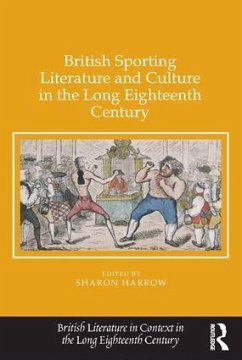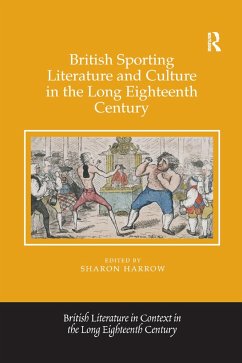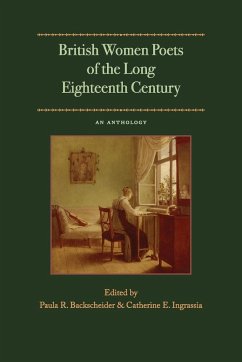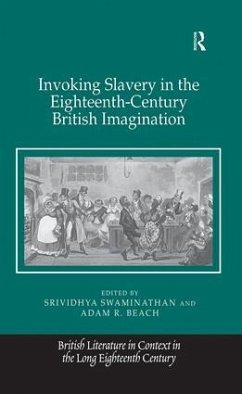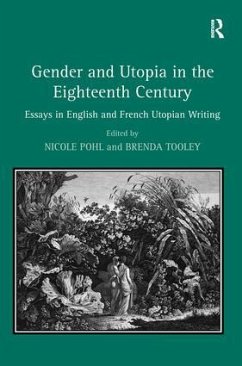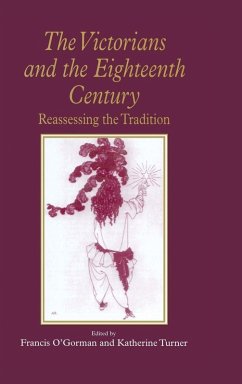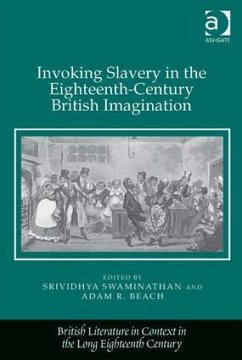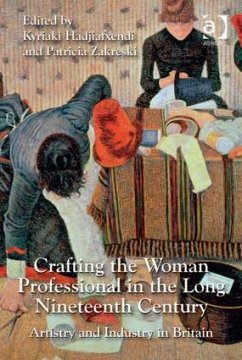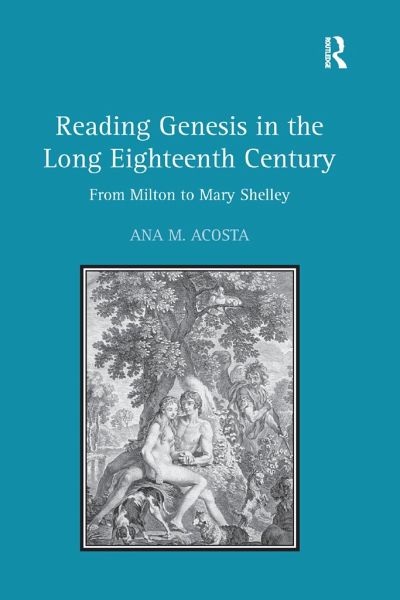
Reading Genesis in the Long Eighteenth Century
From Milton to Mary Shelley

PAYBACK Punkte
33 °P sammeln!
In a reassessment of the long-accepted division between religion and enlightenment, Ana Acosta here traces a tissue of readings and adaptations of Genesis and Scriptural language from Milton through Rousseau to Wollstonecraft and Mary Shelley. Acosta's interdisciplinary approach places these writers in the broader context of eighteenth-century political theory, biblical criticism, religious studies and utopianism. Acosta's argument is twofold: she establishes the importance of Genesis within utopian thinking, in particular the influential models of Milton and Rousseau; and she demonstrates tha...
In a reassessment of the long-accepted division between religion and enlightenment, Ana Acosta here traces a tissue of readings and adaptations of Genesis and Scriptural language from Milton through Rousseau to Wollstonecraft and Mary Shelley. Acosta's interdisciplinary approach places these writers in the broader context of eighteenth-century political theory, biblical criticism, religious studies and utopianism. Acosta's argument is twofold: she establishes the importance of Genesis within utopian thinking, in particular the influential models of Milton and Rousseau; and she demonstrates that the power of these models can be explained neither by traditional religious paradigms nor by those of religion or philosophy. In establishing the relationship between biblical criticism and republican utopias, Acosta makes a solid case that important utopian visions are better understood against the background of Genesis interpretation. This study opens a new perspective on theories of secularization, and as such will interest scholars of religious studies, intellectual history, and philosophy as well as of literary studies.






